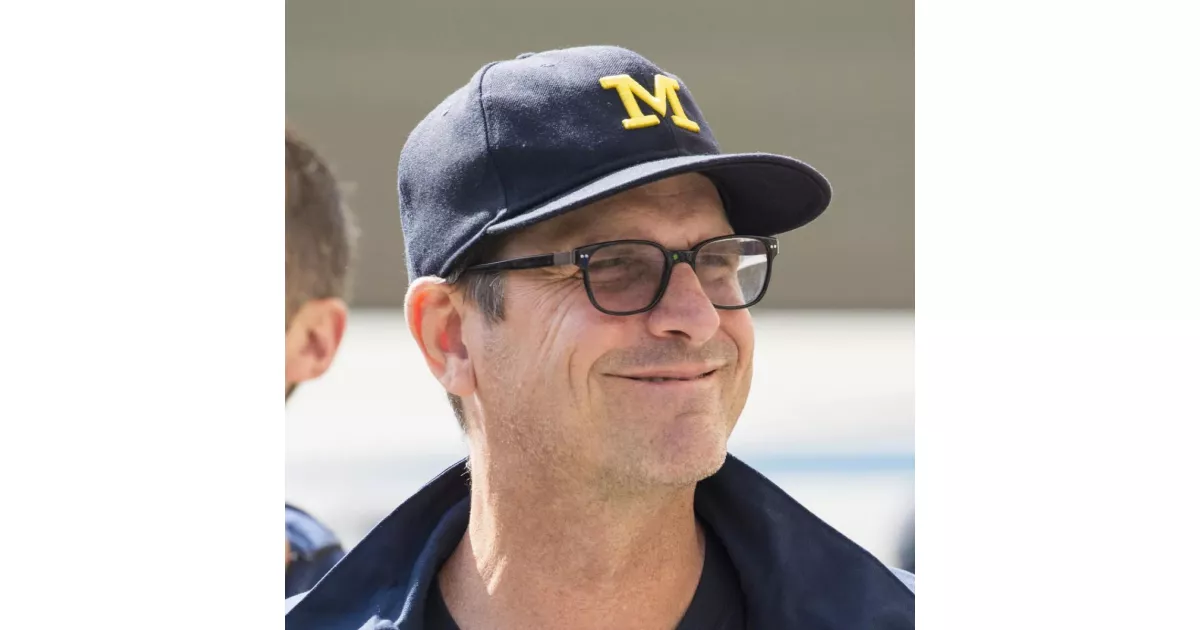Resilience and perseverance in the journey of Jim Harbaugh. A timeline of obstacles and growth.
Jim Harbaugh is an American football coach, currently the head coach of the Los Angeles Chargers. Previously, he coached the University of Michigan (2015-2023), the San Francisco 49ers (2011-2014), Stanford University (2007-2010), and the University of San Diego (2004-2006). Before coaching, Harbaugh had a 14-season NFL career (1987-2000) as a quarterback, notably with the Chicago Bears (1987-1993), after playing college football at Michigan (1983-1986). He is known for his coaching success at both the college and professional levels.
October 6, 1984: Broken Arm Injury
On October 6, 1984, Jim Harbaugh sustained a badly broken left arm during a game against Michigan State and missed the remainder of the season.
1990: NFC Central Division Win
In 1990, Jim Harbaugh started in the first 14 games of the season. Chicago improved to 11-5 and won the NFC Central division. Harbaugh passed for 2,178 yards. Due to a shoulder injury, he sat out the last two games of the year as well as the playoffs in 1990.
December 29, 1991: Postseason debut
On December 29, 1991, Jim Harbaugh made his postseason debut in the NFC Wild Card Round against the Dallas Cowboys, a 17–13 loss. He went 22-of-44 for 218 yards and threw an interception on the final drive.
1992: Chicago regressed, coach fired
In 1992, Chicago regressed to a 5–11 record, and the team fired coach Ditka. Harbaugh played all 16 games but started only 13 and had a 5–8 record as starter during the 1992 season.
1997: Difficult season with the Colts
In 1997, Indianapolis fell to 3–13. Jim Harbaugh missed four games of the season after he punched former quarterback Jim Kelly in the face because Kelly had called him a "baby."
1998: Season with the Baltimore Ravens
In 1998, Jim Harbaugh played for the Baltimore Ravens after being traded from the Colts. The Ravens opened a new stadium, Ravens Stadium at Camden Yards, now known as M&T Bank Stadium. Harbaugh suffered an injury during Week 1 on September 6, 1998.
2000: Final season with the Chargers
In 2000, San Diego finished 1-15 with a rotation of quarterbacks including Ryan Leaf, Jim Harbaugh, and Moses Moreno. Harbaugh started five games and played in seven during the 2000 season.
October 30, 2005: Harbaugh Arrested for DUI
On October 30, 2005, Jim Harbaugh was arrested for DUI after running a stop sign in Encinitas, California. He later pleaded guilty to reckless driving and was sentenced to probation, a fine, and a drunken-driving educational program.
2012: Quarterback controversy
In the 2012 season, Jim Harbaugh resolved a quarterback controversy by replacing incumbent starter Alex Smith with backup Colin Kaepernick. Kaepernick remained the starter for the remainder of the season as the 49ers again qualified for the playoffs.
2013: Power struggle with Trent Baalke
It has been suggested that Jim Harbaugh, despite his success on the field, was involved in a power struggle with 49ers general manager Trent Baalke starting from the 2013 season onward.
December 28, 2014: 49ers and Harbaugh part ways
On December 28, 2014, the 49ers announced that they had mutually agreed to part ways with Jim Harbaugh as their head coach after the 49ers had an 8-8 season in 2014, failing to reach the playoffs for the first time under the Harbaugh era.
September 3, 2015: First game as head coach of Michigan
On September 3, 2015, Jim Harbaugh lost his first game as head coach of Michigan, a 24–17 road loss against Utah.
2015: Rumors of Harbaugh's departure
On October 5, 2014, it was rumored that Jim Harbaugh would not return in 2015 regardless of that season's outcome.
November 28, 2020: Michigan Loses to Penn State
On November 28, 2020, Michigan lost to Penn State. This marked the first time in Michigan football history that they lost to a team with a record of 0-5 or worse.
2022: Wolverines Lose to TCU in Fiesta Bowl
On December 31, 2022, the Wolverines lost their semifinal match in the Fiesta Bowl to TCU, ending the 2022 season with a 13-1 record.
August 23, 2023: Harbaugh Suspended for Recruiting Violations
On August 23, 2023, Michigan announced that Jim Harbaugh would be suspended for the first three games of the 2023 season due to violations of recruiting regulations.
August 7, 2024: Harbaugh Receives Show-Cause Order from NCAA
On August 7, 2024, Jim Harbaugh was given a four-year show-cause order from the NCAA, effective between August 7, 2024, and August 6, 2028, for unethical conduct in 2021 related to violating NCAA recruitment rules during the COVID-19 dead period.
August 15, 2025: Harbaugh Receives Additional Show-Cause Order
On August 15, 2025, Jim Harbaugh received an additional 10-year show-cause order, running consecutively with his previous order, for his role in an illegal scouting and sign-stealing operation at Michigan. This show-cause begins after the first one ends in 2028 and could impact his collegiate career until at least 2038.
Mentioned in this timeline
The Kansas City Chiefs are a professional American football team...
California is a U S state on the Pacific Coast...
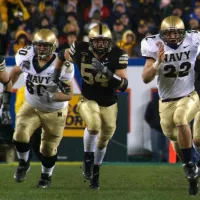
College football is a popular amateur sport in the United...
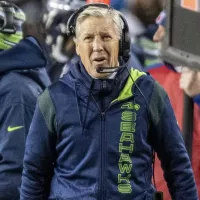
Peter Clay Carroll is an American football coach He is...

Washington D C is the capital city and federal district...
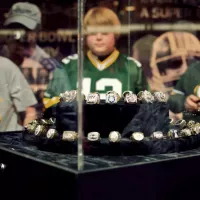
The Super Bowl is the annual championship game of the...
Trending
50 minutes ago Denison, Hornets, and Trine advance to NCAA Women's Basketball Tournament: Regional Preview.
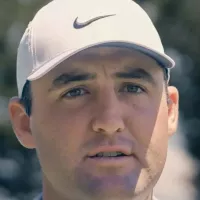
2 hours ago Scottie Scheffler Navigates Masters Champions Dinner Protocol, Seating, and Traditions.
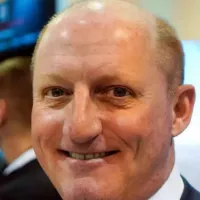
2 hours ago Greg Abel on Insurance, Berkshire Hathaway Share Repurchase, and Shareholder Letter
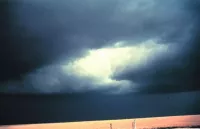
2 hours ago Severe Weather Outbreak Forecast: Tornadoes, Hail, and Storms Threaten Texas and Midwest
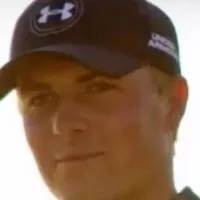
2 hours ago Jordan Spieth's DIY swing aid & Arnold Palmer Invitational betting tips.
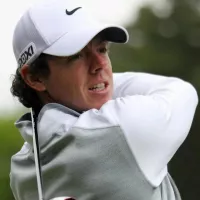
2 hours ago McIlroy regrets Rahm's DP World Tour rejection; Rahm accuses tour of extortion.
Popular

Ken Paxton is an American politician and lawyer serving as...

Hillary Diane Rodham Clinton is a prominent American politician lawyer...

Jesse Jackson is an American civil rights activist politician and...

Jim Carrey is a Canadian-American actor and comedian celebrated for...

Bill Clinton served as the nd U S President from...

XXXTentacion born Jahseh Dwayne Ricardo Onfroy was a controversial yet...
